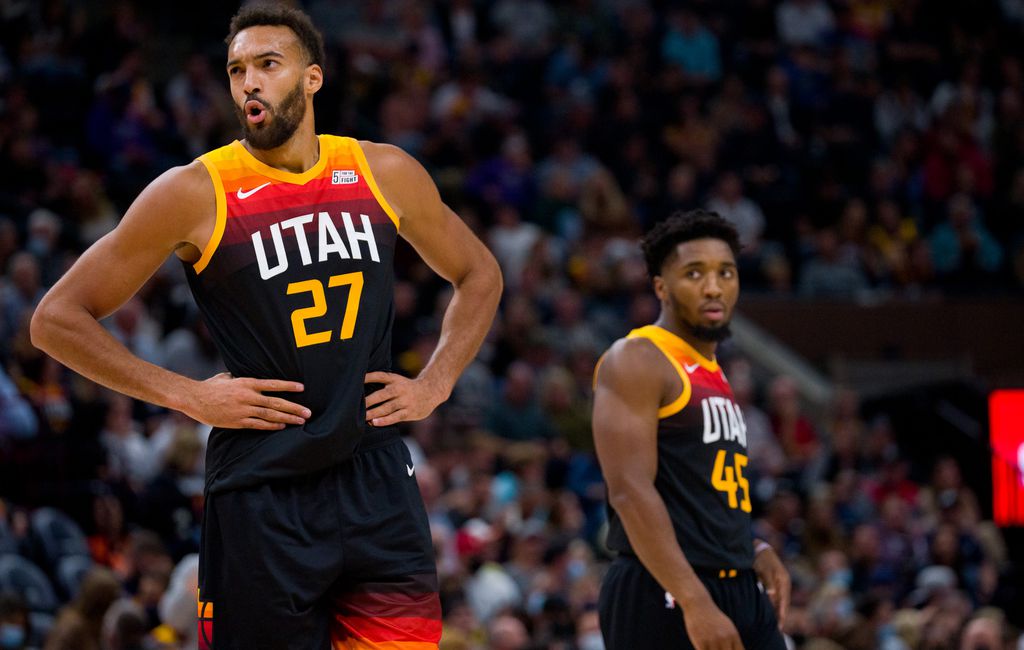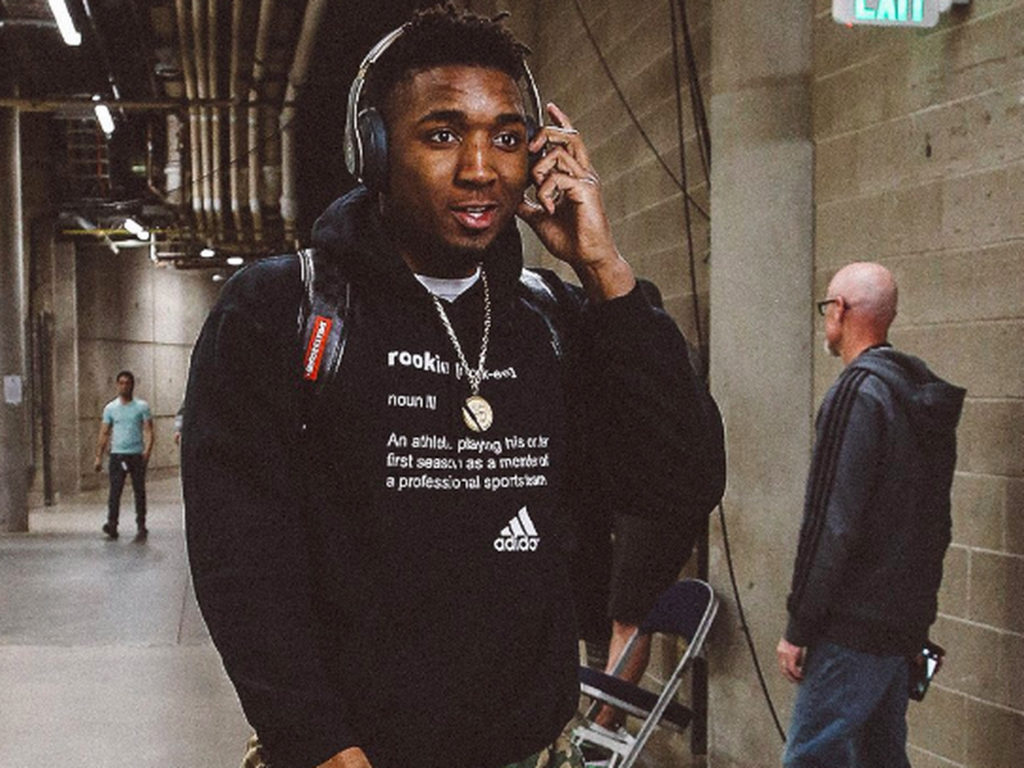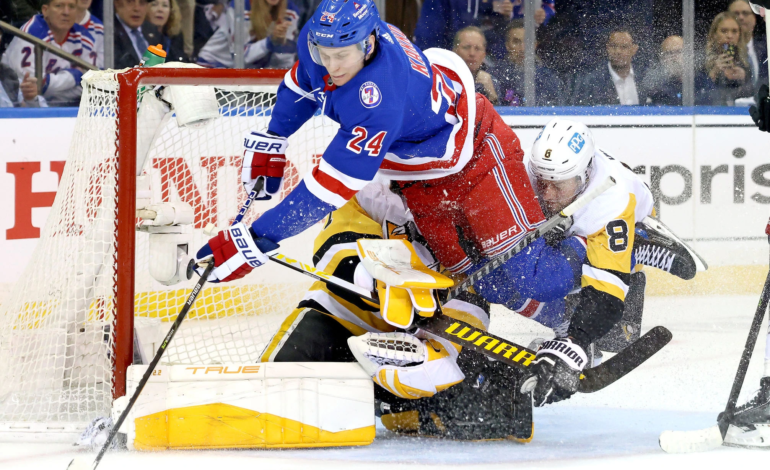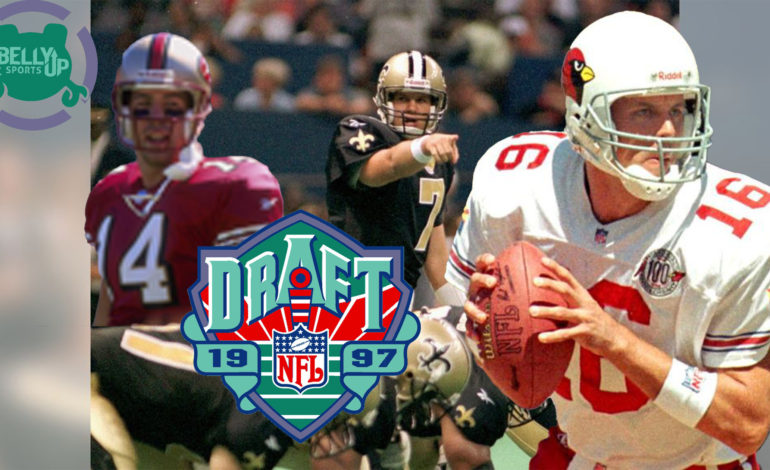The Utah Jazz has done what most small market teams need to do to contend.
Draft multiple stars, sign veterans to smart contracts, and make a trade or two to round out a roster. Add an elite coach with their own philosophy, and you get a product similar to the one you see in Utah.
Unfortunately, that small-market-winning formula is tough to get right. What if our veterans start to break down? Or there’s a fundamental flaw with our team, and we can’t land a signing to fix it?
What if our stars hate each other, can’t make each other better, and try to steal all of the glory from one another in a way that not only makes our team worse but contributes to years of playoff failures which also hurts our draft slot, meaning we are now sputtering in mediocrity by hitting our ceiling on the current form of this team and having nowhere to go but down and no feasible outside solution to boot?
I’m sorry about that last one. But the truth hurts!
The Utah Jazz may be at a crossroads between stars Donovan Mitchell and Rudy Gobert after recording their fifth straight year of flaming out in the playoffs. This duo has never reached the Western Conference Finals and has only three playoff wins outside of the First Round.
Again eliminated from the playoffs, Utah’s front office is undoubtedly looking to make major changes. If they decide to move one of Gobert or Mitchell, which one gets the boot?
Two Very Different Media Perceptions

It’s not just Donovan Mitchell that gets the NBA national media love, Rudy Gobert has three DPOY trophies.
Despite the numerous asterisks analysts give Gobert’s accolades, Mitchell could be jealous of his hardware. Gobert gets no love despite his accomplishments and hasn’t gotten Mitchell to buy into the team concept.
To Mitchell’s credit, he is the one consistently scoring the ball and the Utah Jazz have the best offense in the league. His game is not picked apart as much as Gobert’s, but he still has limitations, especially on the defensive end or when it comes to making his teammates better.
Mitchell could look at this and the fact Gobert’s contract was worth $42 million more over the same length of time as a slight against him, and a reason for not making a full commitment to winning in Utah.
Donovan Mitchell is a Deeply Flawed Star

Just for a second, ignore the gaudy statlines and jaw-dropping posters.
Donovan Mitchell is a 6’1″ shooting guard that can’t make plays for others. His size limits his impact on defense, and his 35 percent clip from three-point range is only good enough to provide nominal spacing on the floor.
It goes without saying that when Utah (actually it was Denver, but you know what I mean) took Mitchell 13th overall, they could not have imagined he would have had this impact on their team. But at 23 years old, one has to wonder how much more Mitchell will realistically be able to refine his game.
If there was a ceiling on Mitchell’s potential, he might just about be hitting his head up against it. That might be adequate for a second or third option on a title contender, but to be the guy?
Unfortunately, Mitchell lacks the versatility required to make the leap to being a bonafide superstar and centerpiece on a contender. At his size, he will likely be a defensive liability for his entire career, and without a refined passing game he can be double-teamed to limit his individual brilliance.
Without that playmaking ability, Mitchell will have to play the majority of his minutes at shooting guard, dooming coaches to play another guard (likely under 6’3″) that will hurt the Jazz’s defensive potential.
Fate and Fit of Utah Jazz Better with Gobert

The Utah Jazz is a small market team. They can’t move off of both stars unless they want to fully rebuild, which doesn’t make a lot of sense unless you do it around the younger Mitchell.
But, if they kept Gobert, they’d have a pillar of excellent defense already in place. Also if they played even two other guys in the starting lineup with positional size it could help a lot with Gobert’s playoff struggles.
Currently, Utah’s defensive game plan focuses on chasing opponents off the three-point arc and funneling everything to Rudy Gobert in the paint. Their offense is similarly singular, with ball-movement along the perimeter leading to a second-most in the NBA 40.3 three-point attempts.
Prioritizing undersized, shooting wings in their roster has made Gobert the main playmaker on defense. Their perimeter-centric offense makes the non-shooting Gobert a virtual nonfactor on offense (aside from putbacks and open dunks).
Imagine if Utah decided to change just one of these things or both! Their current game plan works well enough to get the Jazz into the playoffs, but not much further.
Rigid game plans are picked apart across seven-game playoff series. So make an adjustment!
Rudy Gobert is a liability on the perimeter. He is also a center, and many centers in the league have difficulty impacting defense outside of the paint.
On the other hand, Mitchell is a liability on defense no matter where he is on the court. He can’t bring a new dimension to the floor to justify what he takes away. Individual scoring numbers look pretty, but it is Mitchell, not Gobert that ultimately limits Utah’s playoff potential.
Check out my Twitter for daily NBA commentary and be sure to check out the other work by all the good people of Belly Up Sports.






